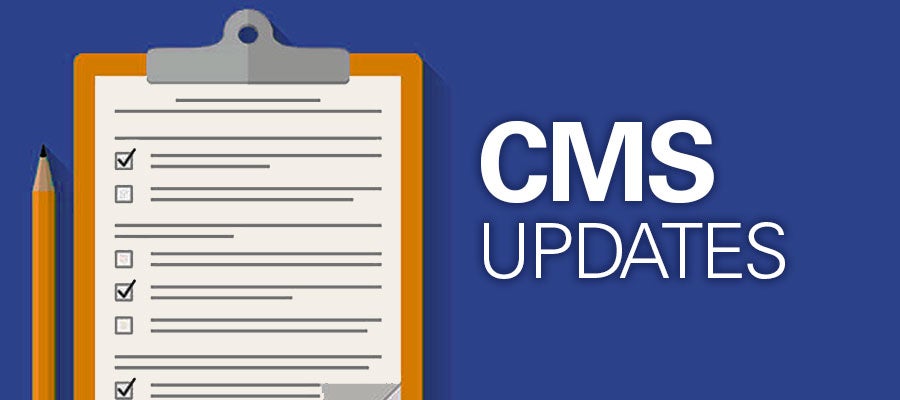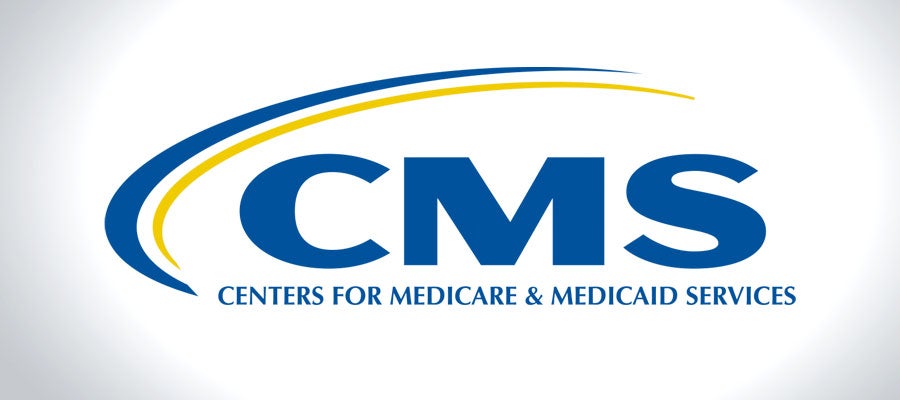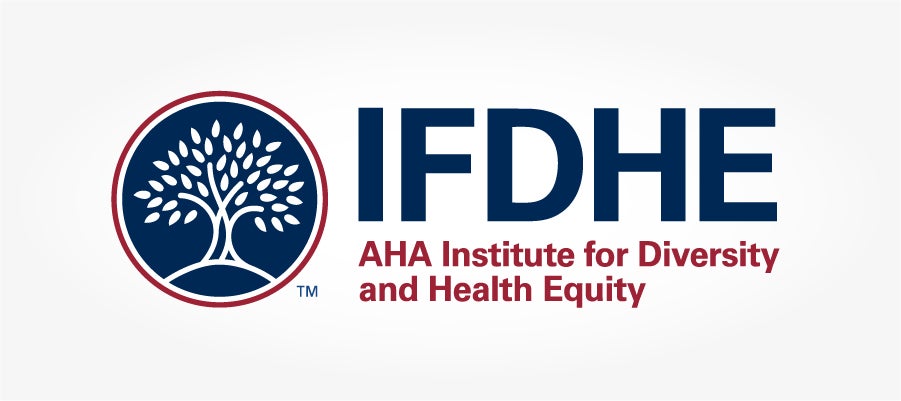The Centers for Medicare & Medicaid Services granted certain Medicare quality reporting exceptions to acute-care hospitals, ambulatory surgical centers, prospective payment system-exempt cancer hospitals, inpatient psychiatric facilities, inpatient rehabilitation facilities, long-term care hospitals and skilled nursing facilities in counties affected by Hurricane Ida.








